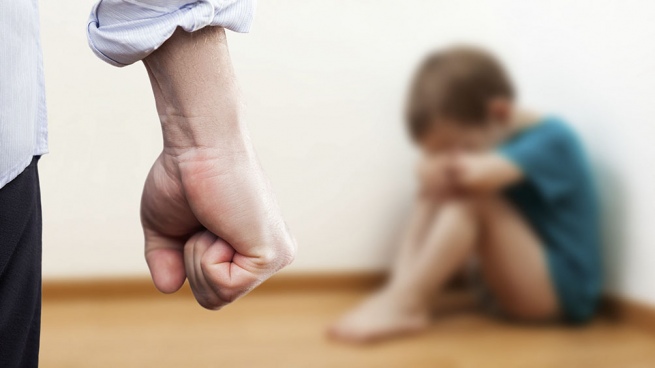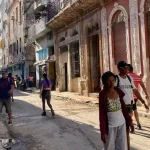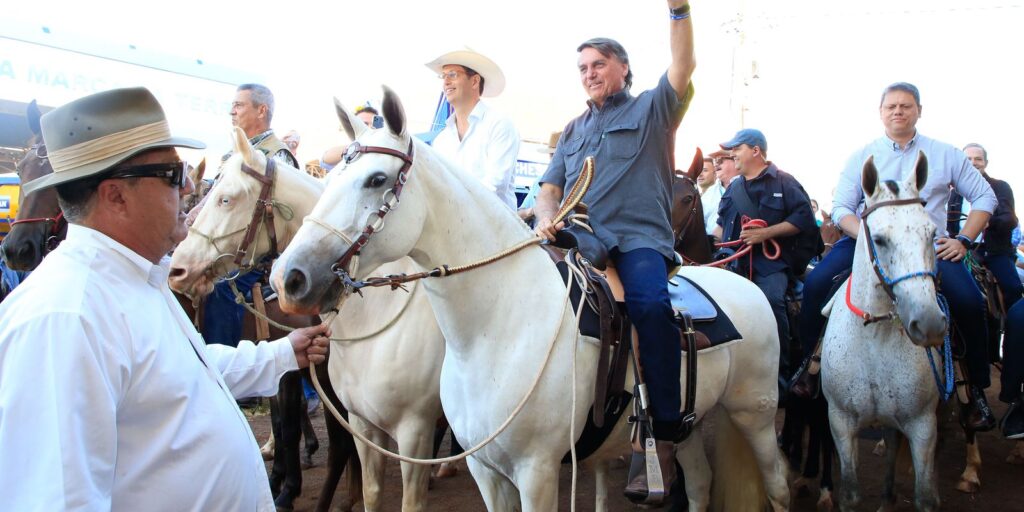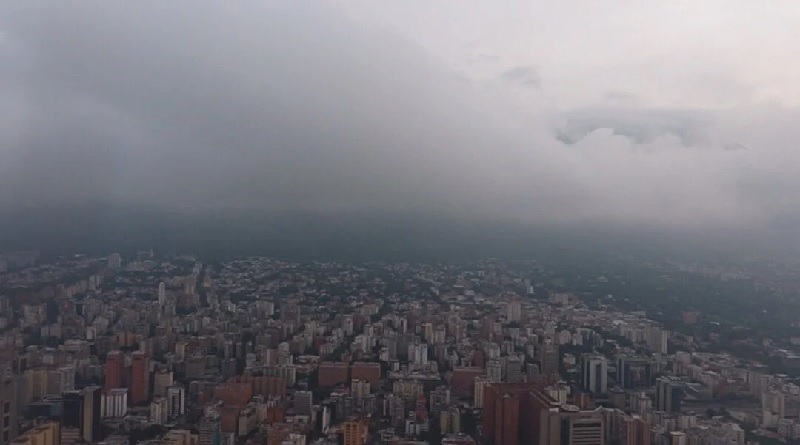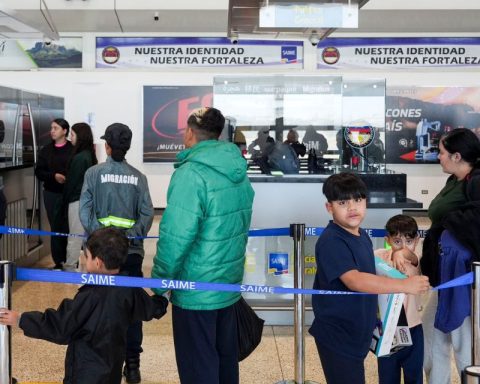Physical violence is the most visible of all, but to reach it, psychological and emotional abuse is previously experienced, specialists in childhood and adolescence underlined today on the International Day to Combat Child Abuse, and urged to understand that ” the responsibility belongs to everyone” to eradicate it.
“97% of adults believe that children should not be physically punished. However, when we analyze the practices, 6 out of 10 children experience forms of violent upbringing”introduced Télam Sabrina Viola, UNICEF Rights Protection consultant.
The data is derived from the National Survey of Girls, Boys and Adolescents (MICS) 2019-2020 and refers to different types of abuse that are naturalized.
“Physical punishment (chirlo, hair pulling, ear pulling) is the most obvious, but there is also the psychological or emotional violence (insults, denigrations). In addition, there are 7% of cases where severe physical punishment is used, and abuse in children with disabilities amounts to 72% “, she expanded.
“In all the situations in which we reach physical abuse, there was previously psychological and emotional violence”assured Télam Itatí Mariana Canido, general director of Policies and Programs Management of the Council for the Rights of Children and Adolescents of the city of Buenos Aires.
In the survey, developed by Unicef and implemented in the country as well, it was observed that one in 10 women between the ages of 15 and 49 had experienced sexual abuse in their childhood.
In addition, children and adolescents are affected in environments of gender violence.
“In cases where there is gender-based violence, children and adolescents (NNyA) are directly subjected to situations of emotional or psychological abuse. In addition, this violence is learned as a way of relating to people,” explained Canido.

The Council headed by Canido intervened in more than 20,000 consultations on situations of violation of the rights of children and adolescents during 2021.
At the national level, During October 2020 and September 2021, line 102, specialized attention on the rights of NNyA, received a total of 45,589 calls.
Most of them were carried out by adults from the affective or community environment, of which more than 20,354 corresponded to situations of violence against children, according to a report presented by the Secretariat for Children, Adolescents and Family.
It was also recorded that the main reasons for consultation were due to situations of physical abuse, followed by negligence, legal issues, child sexual abuse, emotional psychological abuse and abandonment.
Argentina currently has the Law for the Comprehensive Protection of Children No. 26,061, sanctioned in 2005, which establishes a child protection system.
In addition, after the assassination of Lucio Dupuy, on November 26 of last year, the Pampas deputy of the PRO Martín Maquieyra presented the bill “Prevention and early detection of violence against children and adolescents”, which has the child’s name.
“Laws always collaborate because they allow a regulatory framework for society as a whole. However, we have a framework for the protection of children that is enormous in Argentina. The problem is that, as a society, we have not yet given ourselves the challenge of compliance finished,” Canido said.
For her, the reasons why there is still an invisibility about the different abuses that childhoods experience is due to the fact that “we have naturalized many upbringing and education patterns that justify screaming, penance, and are not based on the respectful accompaniment of education and care”.
“Not setting limits is also a problem because it can lead to negligence. But it is important to work on educating with awareness. This requires an effort from adults to make this visible. Then, put this type of parenting in crisis and question it. And thirdly, inform us about what other ways there are of loving accompaniment and care,” he added.
Regarding the necessary actions to reverse this situation, the specialists highlight the need for training and the visibility of information regarding the different types of abuse.
“It is the International Day for the Fight against Abuse, that is, from our point of view, public policies to reduce and eradicate abuse against children and adolescents”, told Télam Gabriel Lerner, National Secretary for Children, Adolescents and Family.
“There is no tolerable minor abuse. Serious abuse is associated with the naturalization of minor abuse. Therefore, the shouting, the squealing, the humiliation, the denigration of children and adolescents by the adult world must have a limit, they must not be tolerated,” said the secretary.
Secondly, he observed as essential “to extend the co-responsible work of intervention and communication in complaints in early detection” to “cut the circuit of abuse and avoid more serious consequences.”
In this way, UNICEF’s Rights Protection consultant argued that it is necessary to work on the training of professionals.
“It is necessary to give tools to professionals who are in direct contact with children (teachers, teachers, people who work in social activities) to detect situations early. In addition, working with children in CSE from early childhood is essential,” he explained. .
Canido, in turn, warned about the importance of not leaving “the exclusive care of our children and adolescents solely to health and educational agents” because “the responsibility lies with everyone.”
For Viola, it is also very necessary “to provide adults, and caregivers in general, with tools for parenting based on good treatment. The State has the obligation to provide support and tools to families to be able to parent with respect and care” , said.
Besides, The specialists pointed out that the information and tools disseminated must be adapted so that boys and girls can understand them and make use of them.
In this sense, the national and free line 137, which depends on the Ministry of Justice and Human Rights, implemented since 2020 a WhatsApp line (11 3133-1000) so that children and youth can access it more easily.
“In 2021, there was a significant increase in the number of children and adolescents who were contacted through this channel. Being able to adapt the means of communication is essential so that they can access these tools,” Viola concluded.
From Senaf (the National Secretariat for Children, Adolescents and Family) they also launched a campaign and called “to promote parenting practices based on love, empathy and accompaniment. Shaking, slapping, slapping, hitting and yelling are not acceptable, They are violence. So are threats, devaluation, punishment, carelessness, indifference or not accepting how they are, “they explained from their social networks.
And they asked “for #goodtreatment for happier childhoods and adolescents. It is a commitment of the entire community,” they concluded.
